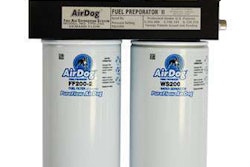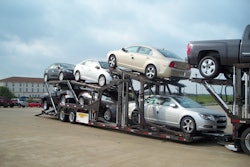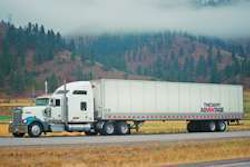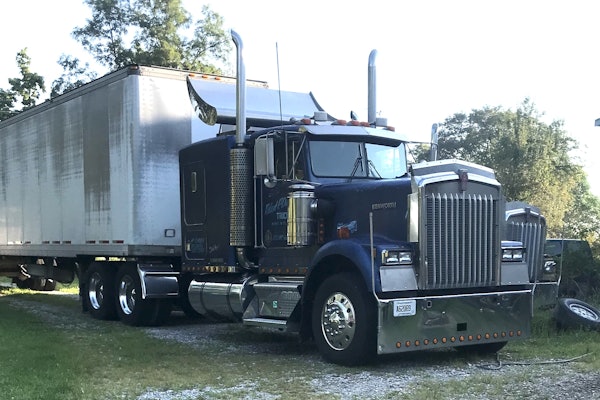Trucking supported changes affecting owner-operators and workers’ compensation became law last month in Tennessee, while similar legislation will soon become state regulations in Pennsylvania and Maine.
Tennessee’s new law, SB 932, excludes unemployment compensation for leased operators and owner-operators contracted to common carriers while engaged in interstate commerce.
Pennsylvania’s independent contractor definition under workers ‘compensation will broaden Aug. 29 when HB 440 becomes effective. It will allow sole proprietors, partners of partnerships and limited liability company officers to purchase workers’ compensation insurance.
The Maine Motor Truck Association had requested legislation to determine if someone is an independent contractor for purpose of workers’ compensation.
In September, LD 1099 takes effect, which will define Maine contractors through several factors, including if compensation is based on factors directly related to the work performed, such as mileage-based rates. The contractor also substantially must control the means and manner of performing services and be responsible for a significant amount of operating expenses and maintenance.
The sponsor of a California bill to bar owner-operators from working ports ordered the bill, AB 950, to the inactive file on June 2. Assemblyman John Perez made the request for the legislation, which would require port truckers be carrier employees.

In 2005, the state Legislature passed a bill that would have allowed port owner-operators to organize collectively, which Gov. Arnold Schwarzenegger vetoed because he said it could violate federal anti-trust law.
The National Conference of Insurance Legislators adopted Trucking and Messenger Courier Industries Workers’ Compensation Insurance model legislation last March.
Based on a 2009 Minnesota law, the bill would create a six-point statutory test that includes factors such as equipment ownership, operating responsibilities and costs. Those who fail to meet all six standards are considered employees and subject to workers’ compensation.
The conference based the legislation on input from affected groups, including the American Trucking Associations, Dart Transit Co., FedEx, Teamsters and United Parcel Service.









